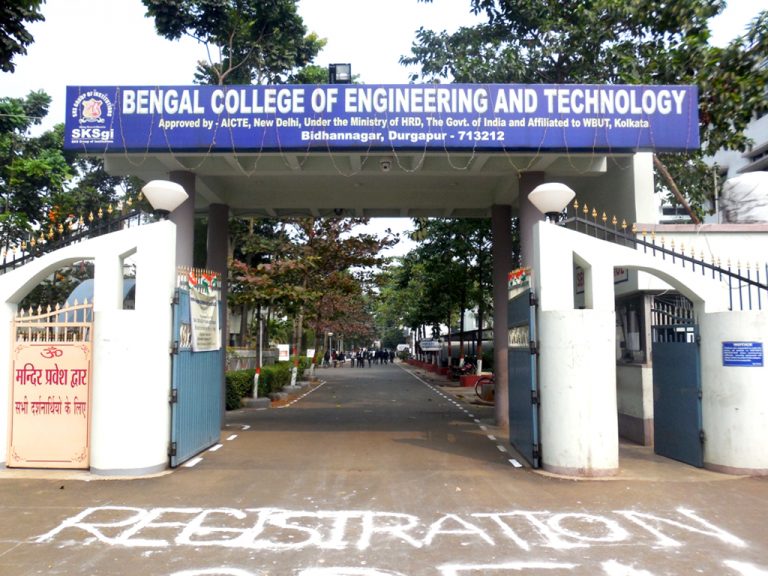Does the College Offer Industry Exposure & Internships?
When choosing a college, one of the most important questions students ask is: “Will I get real-world exposure before I graduate?” At our top B.Tech college in Durgapur, the answer is a confident yes. BCET believes that classroom learning must be complemented with industry experience to prepare students for the challenges of the engineering world.

Why Does Industry Exposure Matters?
In today’s competitive job market, companies look beyond degrees. They prefer candidates with hands-on experience, practical skills, and a good understanding of industry expectations. Internships and industrial training play a vital role in bridging the gap between theoretical learning and real-time application.
That’s why BCET integrates regular internships, industrial visits, and training programs into its academic calendar. The goal? To ensure every student graduates not only with knowledge but also with the confidence to apply it.
How BCET Delivers Real Industry Experience?
- Internship Tie-ups
BCET has partnerships with leading companies across sectors like IT, manufacturing, electronics, and infrastructure. These collaborations allow students to intern during summer breaks, gaining exposure to company operations, tools, and real-world projects. - On-Campus Training & Workshops
Regular workshops are conducted by industry experts on trending technologies like AI, machine learning, automation, CAD tools, cloud computing, and more. These help students stay industry-ready and ahead of the curve. - Industrial Visits
From first-year onwards, students are taken on visits to factories, tech parks, and labs to experience engineering in action. These visits spark curiosity and help students understand where their classroom learning fits into the real world.
Conclusion
BCET stands out as the top B.Tech college in Durgapur because of its clear focus on practical learning. With strong industry connections, structured internships, and hands-on training, BCET ensures its students don’t just graduate with a degree—but with the skills, experience, and exposure they need for a successful engineering career.
